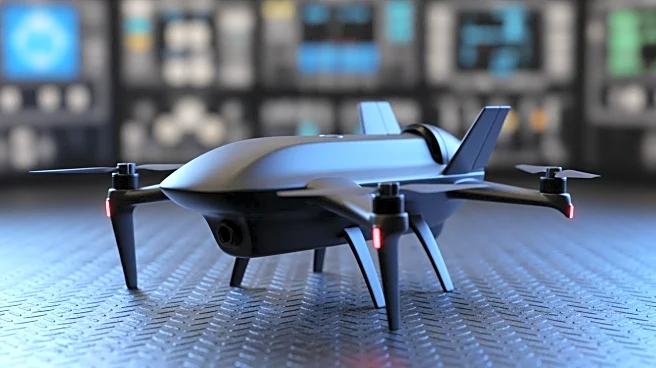Rapid Read • 7 min read
InEdita Bio, led by Dr. Paulo Arruda, is advancing gene editing technology to improve crop resilience against drought and pests. Utilizing CRISPR-Cas9, the company aims to enhance plant genetics by integrating microbial genetics, fostering better nutrient uptake and stress resistance. This approach seeks to address sustainability challenges in food production, reducing reliance on pesticides and improving crop yields. InEdita Bio is also developing plants that better associate with nitrogen-fixing microbes, potentially transforming agricultural practices.
AD
The integration of plant and microbial genetics represents a significant shift in agricultural biotechnology, promising more sustainable food production methods. By enhancing crop resilience, InEdita Bio's innovations could reduce environmental impact and increase food security. This technology may benefit farmers by lowering costs associated with pesticides and fertilizers, while also addressing global challenges like climate change and resource scarcity. The potential for widespread adoption could reshape agricultural policies and practices.
InEdita Bio plans to continue developing its gene editing technologies, with potential collaborations and licensing agreements with seed companies. The company is focused on proving the concept through field trials, particularly for soybean resistance to Asian Soybean Rust. Regulatory pathways for gene-edited crops remain a consideration, as InEdita Bio navigates approvals for commercialization. The success of these initiatives could lead to broader applications across various crops and regions.
The ethical implications of gene editing in agriculture include considerations of biodiversity and ecosystem balance. As InEdita Bio advances its technology, discussions around genetic modification and its long-term effects on food systems and natural environments are likely to intensify. The merging of plant and microbial genetics could redefine traditional farming practices, prompting debates on the role of biotechnology in sustainable agriculture.
AD
More Stories You Might Enjoy










